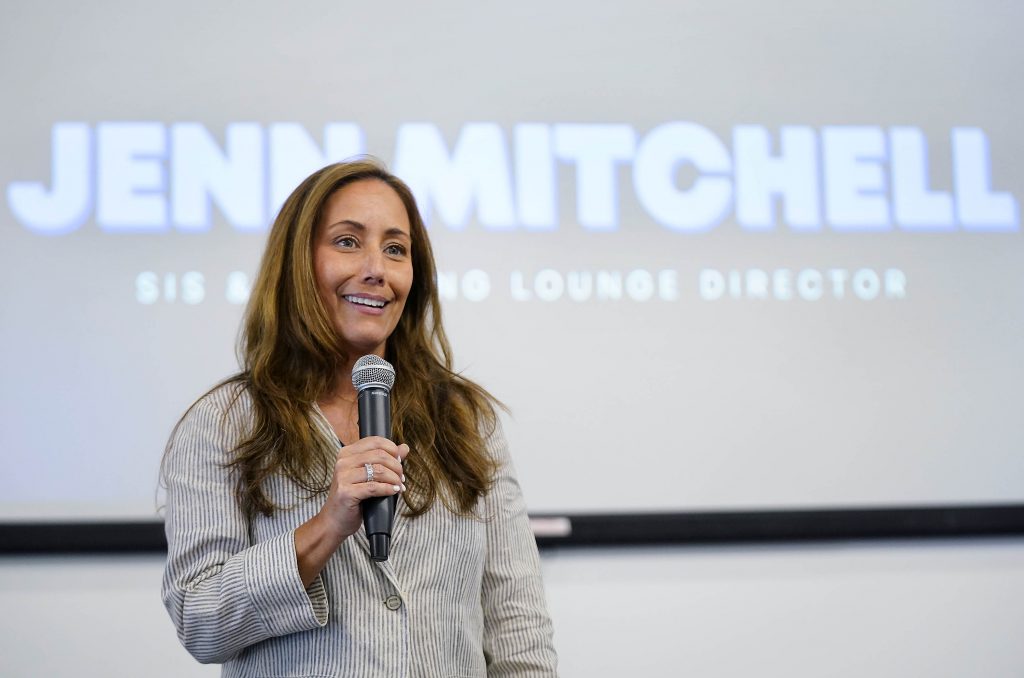
File photos by Ralph Freso
It was a Grand Canyon University scholarship initiative inspired by a neighborhood school, Alhambra High School.
Now the innovative Students Inspiring Students program is evolving into a new model, Canyon Rising, that will debut in the fall.
In 2012, GCU President Brian Mueller heard about the grave challenges at Alhambra, which received a D rating from the Arizona Department of Education for its students’ poor showing on the Arizona Instrument to Measure Standards, or AIMS.
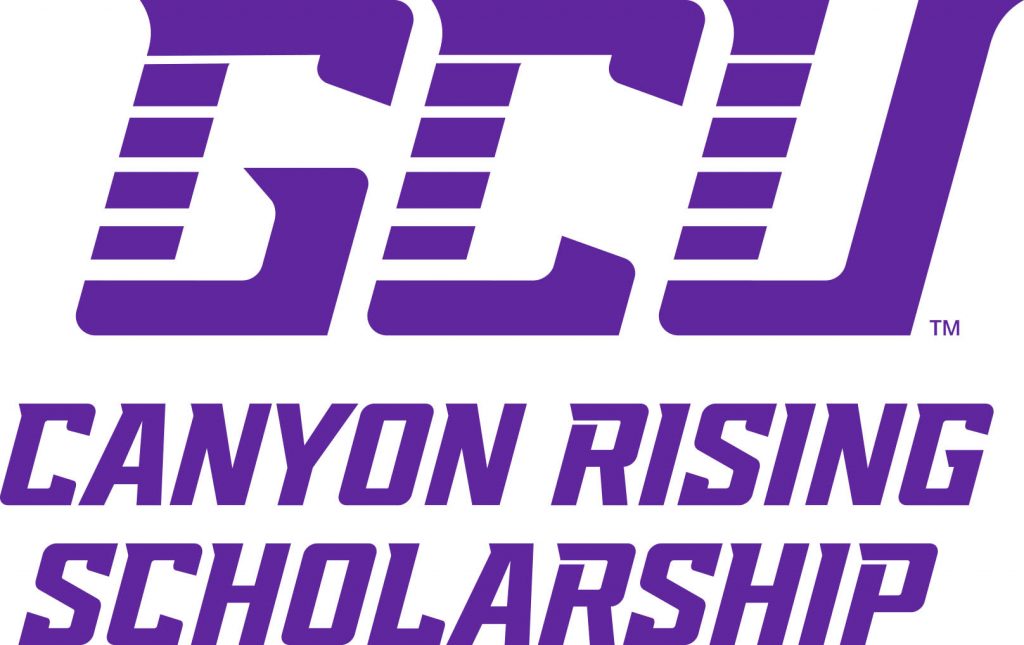
That news was enough to motivate Mueller to approach Kent Scribner, superintendent of the Phoenix Union High School District, to ask one simple question: “How can we help?”
That question led to a conversation with then-Alhambra Principal Claudio Coria, who sat down with Mueller to share some of the school’s unique challenges: Students spoke some 40 languages on campus, where, at the time, 82% of the student body was Hispanic, though students also came from Somalia, Burma, Vietnam – from a melting pot of countries.
When the school received that D rating, students often weren’t proficient enough at English to pass the AIMS, with only 51% having passed the reading portion that year, Coria said, and more than 90% fell below the federal poverty level.
Those conversations with district leaders led to a game-changing, after-school academic assistance program with GCU in 2013 called the Learning Lounge, in which the university’s brightest students would tutor and mentor any Alhambra student who needed academic help, with the focus on reading and math.
Three years later, the university upped the game with its pay-it-forward, needs-based Students Inspiring Students scholarship, in which students who used the Learning Lounge were offered full-tuition scholarships to attend GCU. In exchange, as college students, they would continue to work in the Learning Lounge, tutoring the next generation of college-bound high school students.
“That worked really well, and it was a beautiful model,” Director of K12 Outreach Jennifer Mitchell said of SIS and the Learning Lounge.
The initiative would grow to support students in their college journey, not just from Alhambra, but from more than 20 high schools in the Canyon Corridor and Maryvale who would head to the campus Learning Lounge after school and, later, at a second location at the Milwaukee Brewers’ ballpark in Maryvale.
In 2022-23, the SIS program grew even more, extending scholarship offers not just to neighborhood schools but to any Arizona student of academic excellence. It also was no longer a scholarship requirement for the university's SIS scholars to tutor K12 students in the Learning Lounge, though they were welcome to continue doing that.
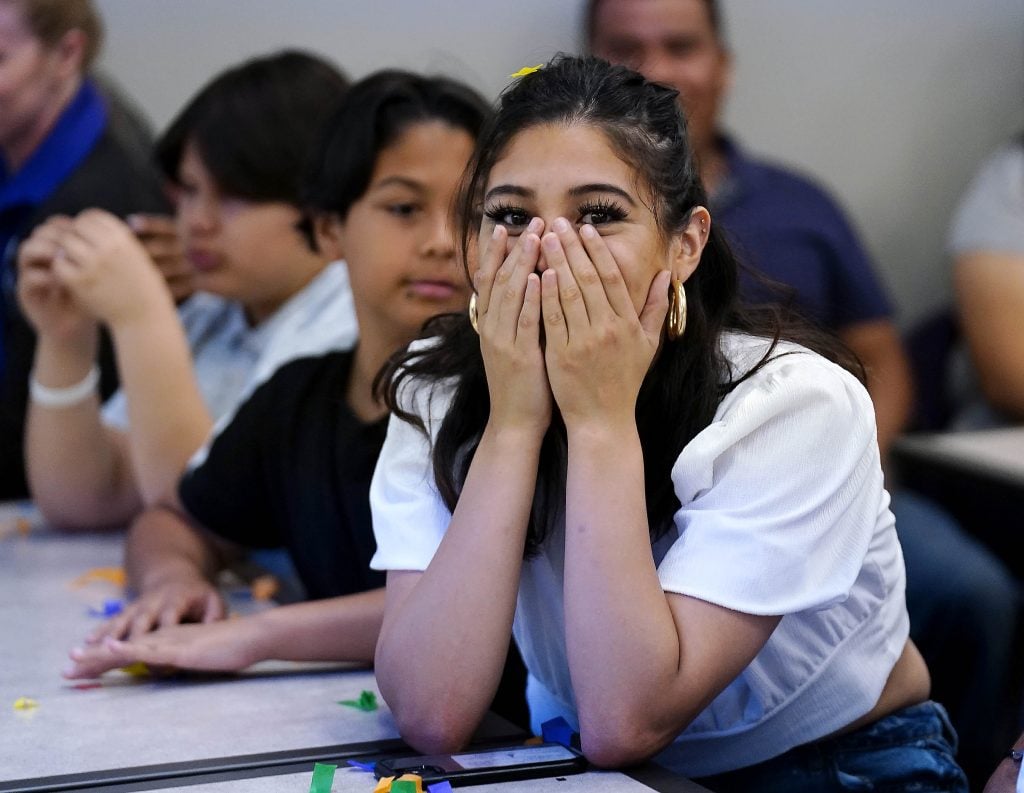
Over its nine years, GCU awarded the scholarship to 738 students, with more than 200 SIS recipients graduating from GCU with their undergraduate degrees so far; more will follow over the next four or so years.
But the university wants to do more.
So in the spring, it ceased applications for the groundbreaking SIS scholarship and is rolling out Canyon Rising in the fall.
“We are supporting students to and through graduation very well,” Mitchell said of SIS and the other scholarship programs her team supports, including TheDream.US, which includes undocumented students, and the newest scholars in Canyon Rising. “But we wanted to change the model and scope and scale it.”
While Students Inspiring Students supported youths’ college dreams with 100 scholarships annually, Canyon Rising will reach 300, said Mitchell.
Two-hundred commuters will receive awards covering tuition and fees. The other 100, in addition to their paid tuition and fees, will receive housing and meal plans.
And those are just a couple of the changes.
“Some of the things we’re building into that program are things that our SIS students, who have graduated and come back, have given us feedback on,” Mitchell said.
A big shift will be a focus on increasing their chances of landing a job in their field of study, beyond only grades and earning a degree.
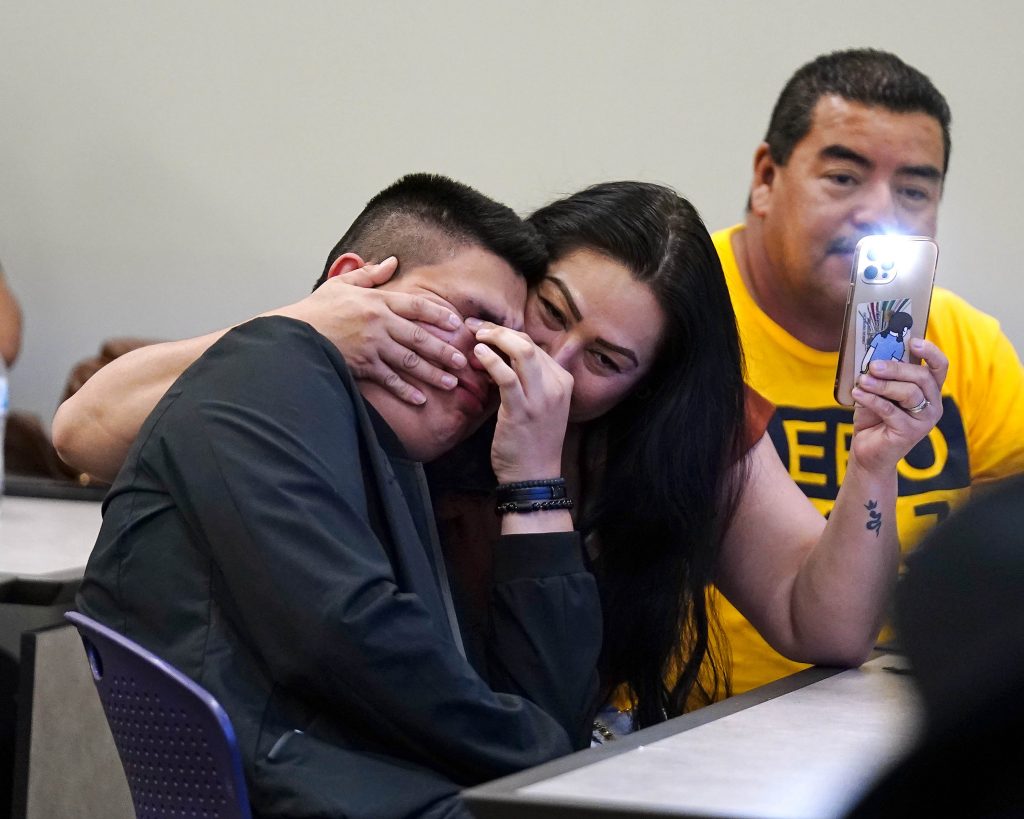
Mitchell said by a students’ junior year, program leaders want to see them in a paid internship or job.
“We found that, sometimes, our students graduate, but without that real-life experience, they now have four years of a degree but go, ‘I don’t know what to do.’
“They just feel crushed because they’ve worked so hard.
“Our point is, let’s get to them early. Let’s get them job experience that puts money in their pocket … and then, if they don’t love what they’re doing, they have time to navigate with us and with our support before they’re out in the field.”
Program leaders are hoping to connect scholars with real-life work experience in their neighborhood, which means a greater likelihood they’ll stay there and be part of the transformation of their community, something Mueller often speaks of, just as he does one of GCU’s overarching goals as a Christian university: to bring about human flourishing.
Internships and jobs might be tried-and-true steps to increase a student’s chance at a job, but unique in the feedback the SIS scholars gave to the K12 team involved financial literacy.
Scholars said, two years into a job and “I’m still living paycheck to paycheck.”
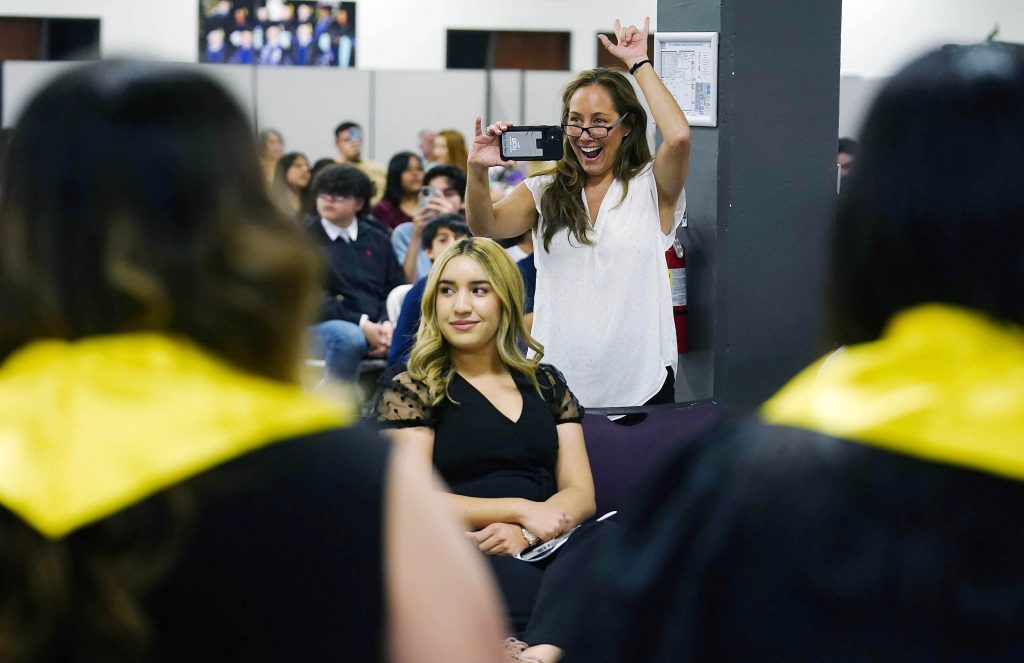
Mitchell said program administrators have plans to connect Canyon Rising scholars with banking representatives to teach basic banking skills to freshmen students, then by their senior year, start looking more into how students can invest their money.
“So it’s really kind of flipping the scale for them and giving them the skills they need for financial wellness,” said Mitchell, who added that the program is even looking into teaching students golf.
SIS alumni have shared how they get invited to golf with clients and co-workers in their jobs; the golf course is still where a lot of business transactions happen.
The hope is, by the time Canyon Rising scholars graduate, students have experience on the golf course and won’t miss out when it comes to networking.
“They’ve come to us and said, ‘I’m limited because I’ve never had this opportunity,'” Mitchell said. "So we will give them the opportunity."
In the midst of all these changes, Mitchell emphasizes how current SIS students won’t be left behind.
“We’ll still serve our SIS students,” she said, along with recipients of the TheDream.US scholarship for undocumented, Deferred Action for Childhood Arrivals (DACA) or Temporary Protected Status students, while welcoming the first group of Canyon Rising scholars in the fall.
As of early June, almost 110 students had accepted the Canyon Rising scholarship.
It’s a vision that started with one school, one simple question, one important conversation and that, 12 years later, has transformed hundreds of students’ lives with more to come.
Manger of Internal Communications Lana Sweeten-Shults can be reached at [email protected] or at 602-639-7901.



































































